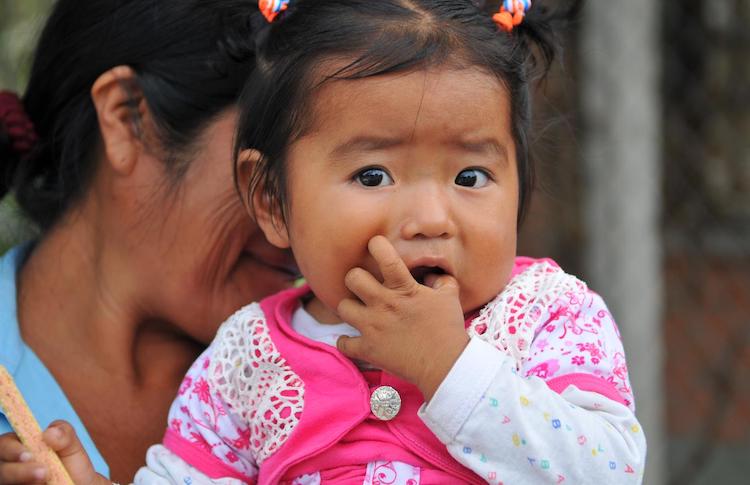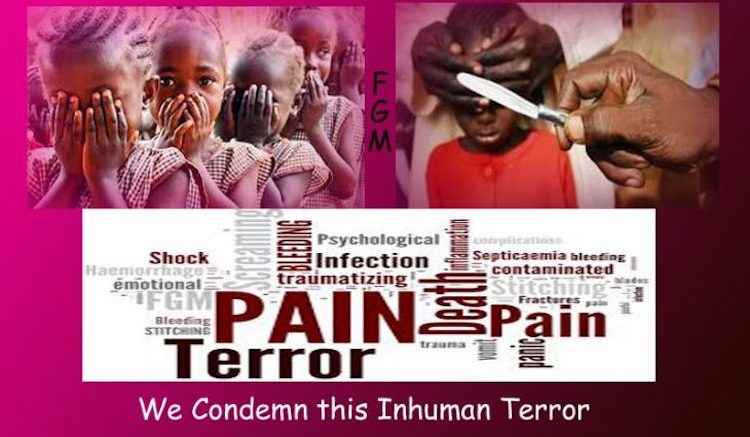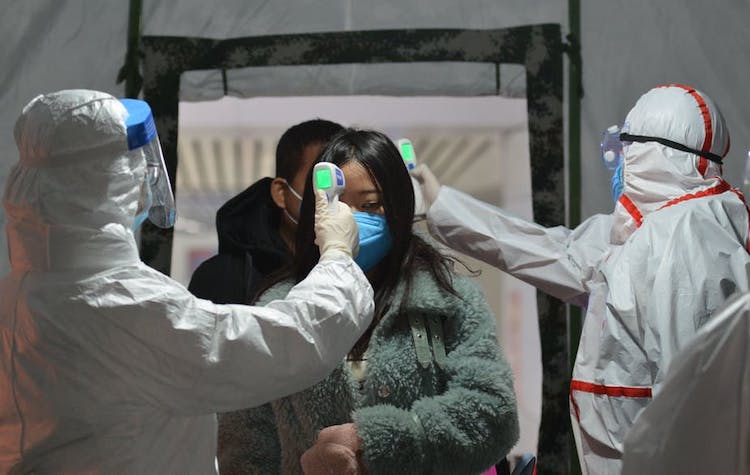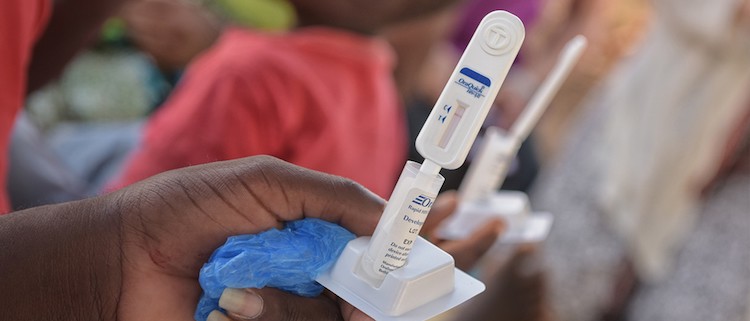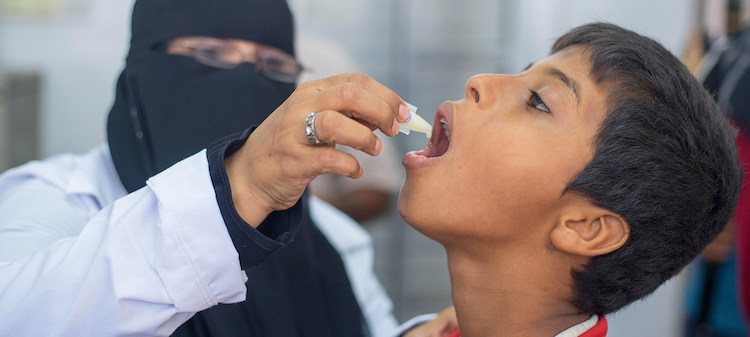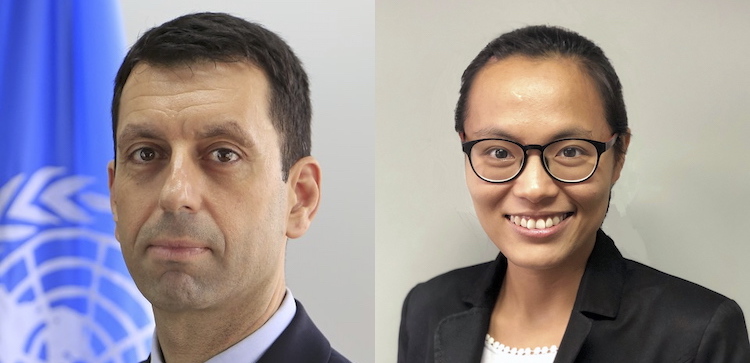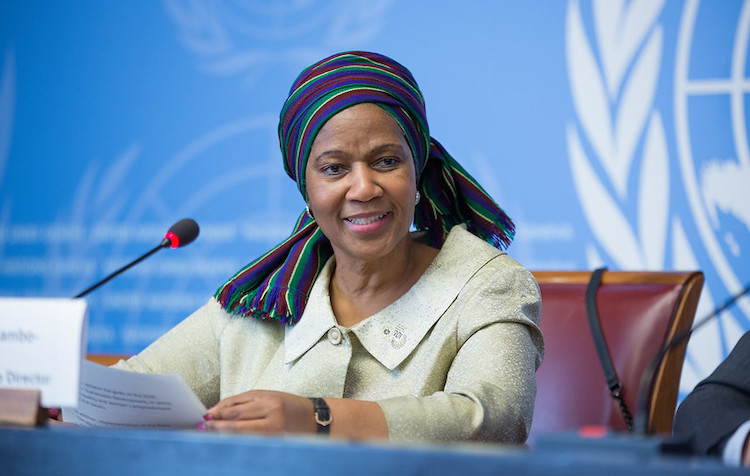
COVID-19: Resources Needed for Gender and Social Inclusion
Women Front and Centre
Viewpoint by Phumzile Mlambo-Ngcuka
UN Under-Secretary-General and UN Women Executive Director.
NEW YORK (IDN) – One thing is clear about the COVID-19 pandemic, as stock markets tumble, schools and universities close, people stockpile supplies and home becomes a different and crowded space: this is not just a health issue. It is a profound shock to our societies and economies, exposing the deficiencies of public and private arrangements that currently function only if women play multiple and underpaid roles.…






